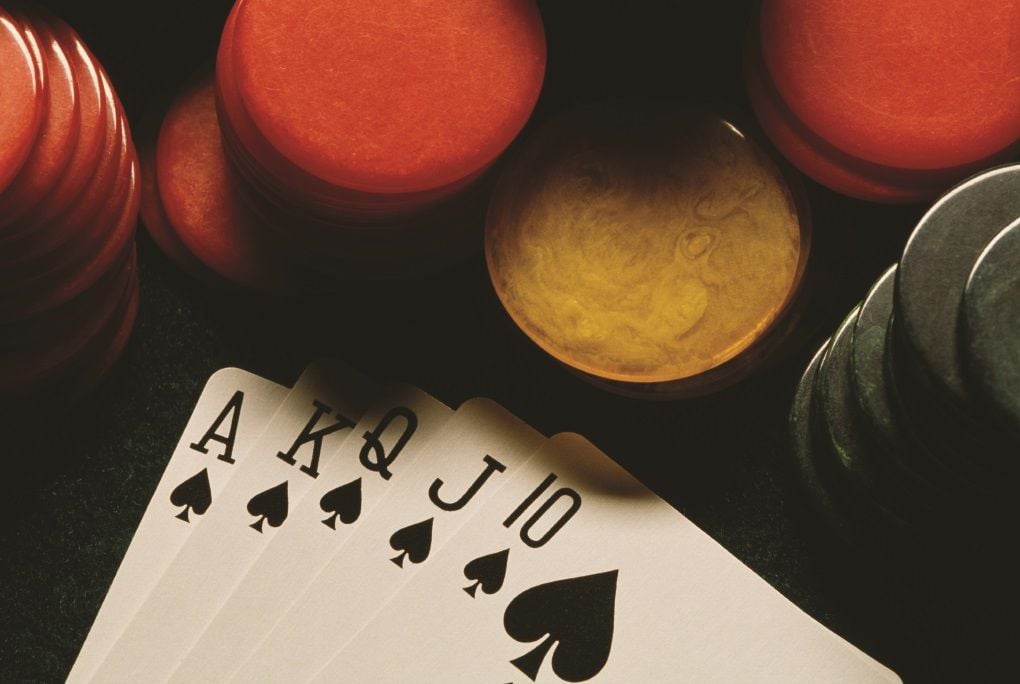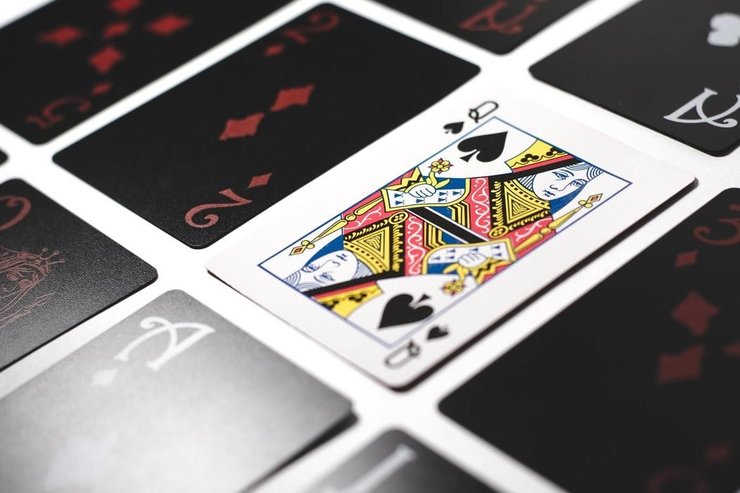Blackjack Why Always Split 8s
One of the best rules in blackjack is the 3 to 2 payout when you get an ace and a ten on your initial hand. This is called a “natural” or a “blackjack”. But you’ll find more casinos than everoffering games where the payout for this hand is only 6 to 5.
Here’s how that works:
But a 16 composed of two 8s is an entirely different matter. In fact, very few players even think of two 8s as a 16; they merely think of it as an opportunity to split. It is an absolute truism in blackjack that every time you see those two 8s, you split them. Yes, you split them against aces and 10s and deuces and 3s. Always Split Pairs of 8s and Aces should always be split as the hands total 16 or 12 are considered to be the worst as the risk of going bust is very high.
In a normal blackjack game, you bet $100. You get a natural. Your payout is $150.
In a 6/5 blackjack, you bet $100. You get a natural. Your payout is only $120.
Casinos offer other rule changes that favor the player in exchange for the reduced payout, but these rules are never good enough to account for that lower payoff on a natural.
Here are some examples of those favorable rules:
- Single deck game
- Dealer stands on soft 17
- Player can double after splitting
- Player can double on any 2 cards
These rule changes do have an effect on the house edge. A single deck game has a house edge 0.61% better than a single deck game. The dealer standing on soft 17 instead of hitting has a houseedge of 0.2% better. Being able to double after splitting is good for almost 0.15%. Being able to double on any two cards is worth about 0.2%, too.
In fact, if you combine all the rules variations I listed, you’ll get a net gain of 1.2%, which is significant.
Here’s the problem, though:
6/5 blackjack gives the house an extra 1.35% edge.
And most casinos don’t give you ALL the good rules. They just give you enough good rules to convince you to try their 6/5 game.
Don’t do it. Even if you’re an excellent card counter, overcoming that extra 1.35% is tough.
Want to know how much that would actually cost you?

Blackjack Why Always Split 8s Pro
Assume an average 3/2 blackjack game offers the house an edge 1%. The 6/5 version has a house edge of 2.35%, instead.
Assume 60 hands per hour at $10 per hand. That’s $600 in action per hour.
You’ll lose, on average, $6 per hour playing the standard game.
But if you play 6/5 instead, you’ll lose an average of $14.10 per hour.

Just say no to 6/5 blackjack. If enough players refuse to play, the casinos might stop offering it.
How Splitting in Blackjack Works?
What splitting in blackjack means is that when your hand consists of two cards with similar value, you can split them by placing additional bet, creating two hands that will be played separately. The option to split is of enormous value; if it’s used wisely of course.
The basic idea behind splitting cards, besides the obvious goal of increasing your winnings, is twofold. First, to improve weak hands, splitting 8s are a clear example for that. Second, to increase possible winnings on stronger hands, for example splitting Aces.
As with every blackjack rule, things are very simple and yet complicated in the same time. Using this option when not needed, which is probably the most common mistake when it comes to splitting in blackjack, can cost you a lot of money. The good news is that the splitting strategy is rather straight forward and easy to remember, especially if you have a favorite blackjack game which you come back to. Otherwise, it varies according to the specific splitting rules which we will review below.
Last thing before we continue, many new players not sure or shy to request to split, double and so forth. Don’t be. You don’t need to know any secret signs or terminology. Just tell the dealer that you wish to split and place additional bet. That’s it. Of course if you play blackjack online things are much easier and all you have to do is press the split button.
Common Blackjack Split Rules
- Allowed to split twice (up to three hands).
- You can split non identical 10 value cards.
- Splits Aces cannot be re-split.
- Split Aces receive only one card.
- You can hit and double down split hands.
Let’s take basic basic Vegas Strip hole card blackjack rulesand see how different splitting rules influence the house edge. So additional rules we use: 8 decks, dealer checks for blackjack and stands on soft 17; double down on any 2 cards; blackjack pays 3:2. Under the splitting rules we used above the expected payout is 99.56% (or house edge of 0.44%).
Below you can see how each change influence the odds (+ means increases players’ odds, minus – lowers players’ odds):
- Only 1 split allowed: -0.045%
- Allowed to split to 4 hands: 0.01%
- No double after split: -0.14%
- Player can re-split Aces: 0.06%
- You can hit split Aces: 0.19%
When to Split in Blackjack – Basic Strategy
We will try to make it simple to remember. Here we won’t explain the mathematics behind each decision, but you can find it in additional articles.
Most crucial ones:
- Never Split 5s and 10 value cards. (Double on 5s as you would on any hard 10).
- Always split Aces and 8s.
The easy ones to remember:
- 2s, 3s, 7s – split when dealer shows 2-7
- 6s – split on dealer’s 2-6.
And the unique ones:
- 4s – are not a perfect hand for splitting, so you should split them only when the dealer shows 5 or 6 and only when you can double after split. If the casino doesn’t allow to double on split hands – never split 4s.
- 9s – split on dealer’s 2-6 and 8,9.
Best Casinos to Play
Blackjack Why Always Split 8s 2
